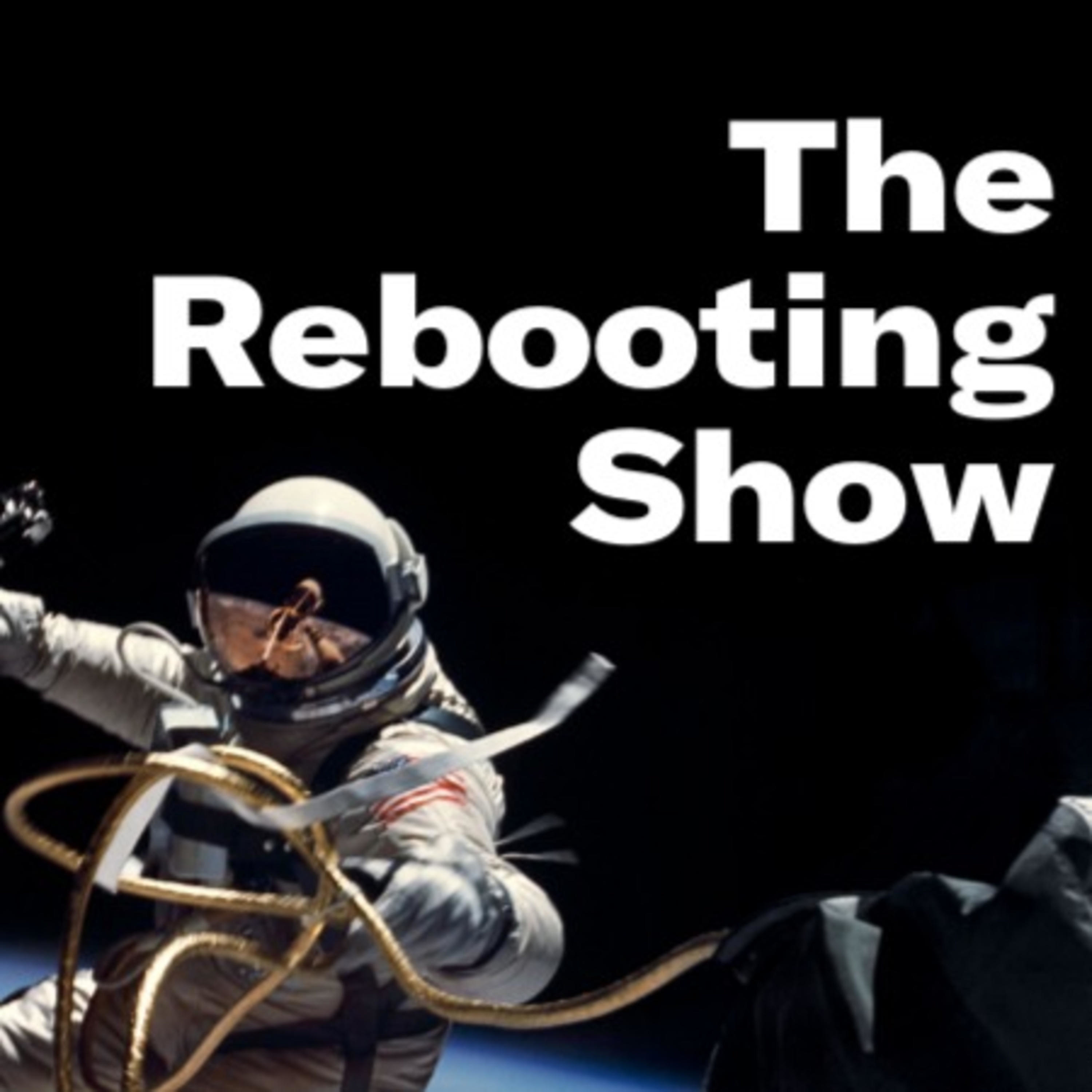Episode 43
Platformer's Casey Newton on going solo
Casey Newton, a former writer at The Verge, started Platformer to cover the societal impact of the most powerful tech platforms. He’s used a subscription model, charging $100 a year. With 75,000 free subscribers and what he’ll only call “thousands” of paid subscribers – Platformer is the No. 2 most popular paid newsletter in tech on Substack – Casey has built a successful solo business that’s he’s expanding by bringing on Zoe Schiffer as Platformer’s managing editor. (He’s also got a new podcast coming out in partnership with The New York Times.)
Going direct. “The one thing I've learned from covering these social networks is you've got to stop yourself from having a middleman in between you and the audience. I’ve got to go get that direct connection. And there is no more direct connection than having your own business and selling a product for money.”
Subscriptions make the solo path easier. “It's ridiculously plug and play. It’s amazing to think that just by adding a subscription component to a blogging platform, you can enable hundreds, maybe thousands, of people to start their own successful businesses.”
Newsletters are more nimble: “The thing I love about new newsletters, in particular, is that they can evolve so quickly. If you go back to the five years that I've been writing a daily newsletter, now there are whole sections that used to be there that just aren't there anymore. And it's totally fine. Whereas like you work for a website, if you want to redesign it, give yourself two years. My newsletter can just evolve.”
The indie path is niche. “My hope was that two years on so many more people were going to do this. I spent that first year that I was independent talking to so many boldface name reporters at The New York times, The Atlantic, you name it, because they were all thinking about doing the exact same thing. I was trying to encourage them to do it because I was having so much fun with it and it was succeeding, but so very few people pulled that trigger. I think individually, they all had good reasons. But I have been shocked at how few people, relatively speaking, have followed. Most people have really wanted the comfort, the stability of that standard media job.”
